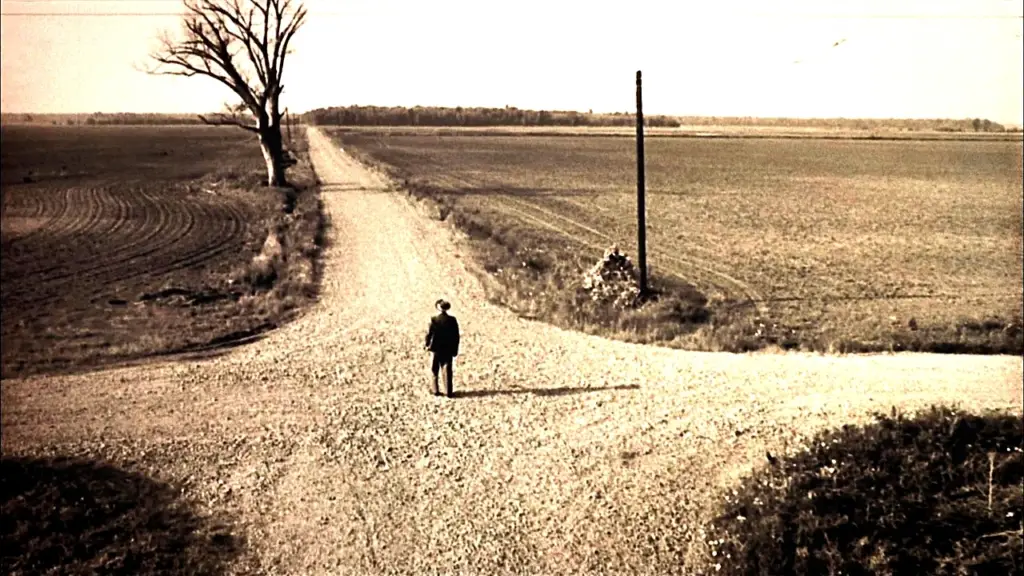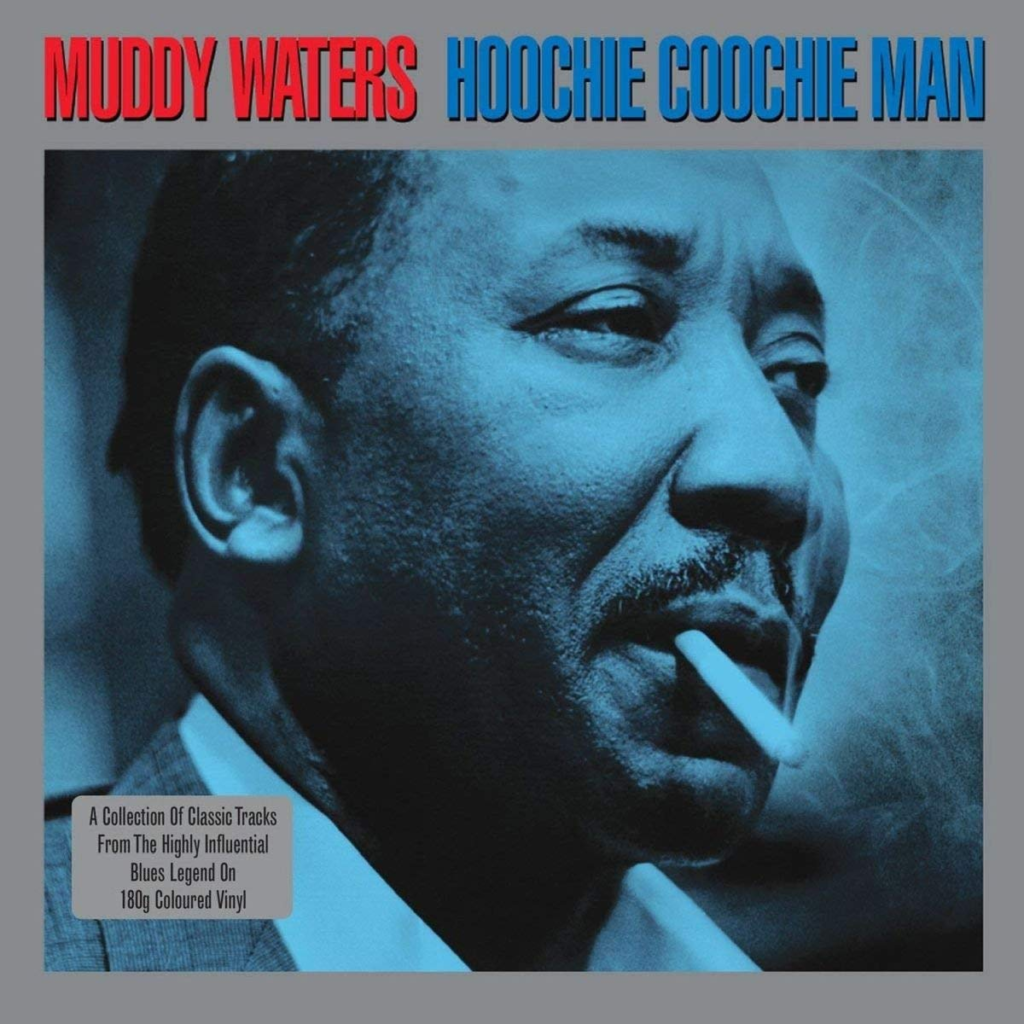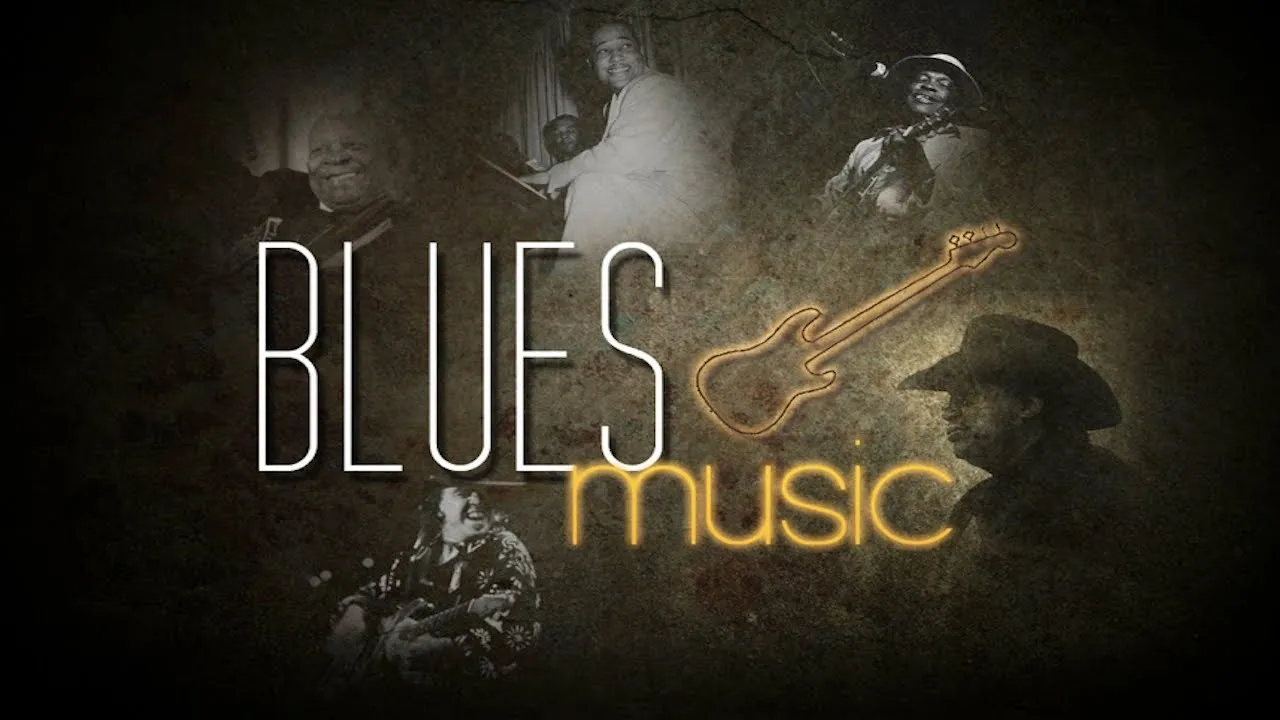The Best Blues Songs Of All Time Ranked
Early traditional blues verses often consisted of a single line repeated four times. However, the most common structure of blues lyrics today was established in the first few decades of the 20th century, known as the “AAB” pattern. This structure consists of a line sung over the first four bars, its repetition over the next four, and a longer concluding line over the last bars. This pattern can be heard in some of the first published blues songs, such as “Dallas Blues” (1912) and “Saint Louis Blues” (1914). According to W.C. Handy, the “AAB” pattern was adopted to avoid the monotony of lines repeated three times. The lyrics are often sung in a rhythmic talk style rather than a melody, resembling a form of talking blues. Early blues frequently took the form of a loose narrative. African-American singers voiced their “personal woes in a world of harsh reality: a lost love, the cruelty of police officers, oppression at the hands of white folk, [and] hard times”. This melancholy has led to the suggestion of an Igbo origin for blues because of the reputation the Igbo had throughout plantations in the Americas for their melancholic music and outlook on life when they were enslaved. Here are all of the best Blues songs.
Don’t miss out on the TIMELESS songs below! Click below to experience the most popular Blues songs!
15. Boogie Chillen – John Lee Hooker

“Hooker’s biggest commercial success was during the years 1949 to 1951 when he was in his thirties; he put six singles in the US R&B charts, the first of which was “Boogie Chillen,” which went all the way to No. 1. An original tune recorded in 1948, the song represented the minimalist aesthetic that was Hooker’s hallmark; the only instrument on the record was Hooker’s guitar, on which he strummed guitar chords in a hypnotic, loop-like fashion behind his gravelly bark of a voice.”
14. The Seventh Son — Willie Dixon

“Willie Dixon was one of the most prolific and influential blues composers of the 20th century. But many of his songs were recorded by artists such as Muddy Waters, Etta James, and many others. Dixon recorded the song himself in 1955, though it would go on to be covered by many other artists. The song hinges on the idea in New Orleans folklore that the seventh child in a family has unusual luck, an idea that fascinated Dixon.”
13. The Sky Is Crying — Elmore James

““The Sky Is Crying” was a 1959 hit by Elmore James that has become a blues standard. This mournful song topped the R&B charts at its release. It has been covered countless times by artists in every genre. The song is considered to be one of the best hits of James’ career; he died only four years later in 1963. Any aspiring blues musician needs to have this cover under their belt.”
12. Crossroads – Robert Johnson

“On a purely musical level, there’s no mistaking the power of this one. Johnson’s intense slide guitar playing was echoed by Duane Allman, Winter, Rory Gallagher and virtually every great slide player of the blues-rock era. The track also attests to the eerie mysteries of the blues. Whether you think Johnson was really selling his soul, or just trying to hitch a ride, he still convinces you how much was at stake.”
11. Got To Be Some Changes Made — Otis Rush

“Got To Be Some Changes Made” was recorded decades into Otis Rush’s career, but still perfectly exhibits his signature slow-burn guitar style. The 1977 track was a cover of a 1962 song by Albert King. The lyrics offer an ultimatum to a romantic partner, saying that change needs to come to their relationship or they will part ways. Rush’s mournful performance is at its best on this blues single.”
10. Crazy Blues — Mamie Smith

“Mamie Smith was one of the earliest pioneers of blues recording. Her song “Crazy Blues,” originally entitled “Memphis Blues,” was the first hit blues track of all time, selling more than 75,000 copies within a month. The song was responsible for the development of race records, and Smith is said to have been the first black artist to record a commercial blues song. “Crazy Blues” has been placed in both the Grammy Hall of Fame and the US Library of Congress for its historical significance.”
9. Matchbox Blues – Blind Lemon Jefferson

“Though his life was short – he died of heart trouble aged 36 in 1929 – Lemon Henry Jefferson (to give him his full name) had a far-reaching impact on how the blues evolved; his wailing, high-pitched vocal style and intricate guitar-picking accompaniment, which is epitomized by “Matchbox Blues,” influenced everyone from Robert Johnson to Robert Plant. In 1927, Jefferson recorded three versions of this landmark tune, whose title was inspired by a line in an earlier song, Ma Rainey’s “Lost Wandering Blues.”
8. Got My Mojo Working – Muddy Waters

“The singer is lovelorn despite the foolproof hoodoo charm in his pocket. And as a million garage bands can tell you, the song just feels great to play. It’s got the same 1-4-5 progression as “Louie Louie” and you can’t perform it without strutting just a little. Recorded by Muddy Waters in 1957, it wasn’t his first voodoo-themed song (He’d done “Hoochie Coochie Man” three years previously), but became his signature tune thereafter. Interestingly the song’s writer Preston Foster – apparently a mild-mannered man who showed up at Chess with a few tunes in his pocket – never achieved fame, and had to take Waters to court over its authorship. Never mind though, because “Mojo” is one of those songs that truly belongs to everyone.”
7. I’m A Man — Bo Diddley

“This song was recorded in 1955 and became one of Bo Diddley’s earliest hits. Unlike many of his other songs, including the track “Bo Diddley” recorded the same year, “I’m a Man” does not feature his signature rhythmic style. Instead, it drew on elements of earlier blues music, most particularly Muddy Waters’ “Hoochie Coochie Man.” The song peaked at no. 1 on the R&B chart and was widely covered in the rock genre.”
6. Hoochie Coochie Man — Muddy Waters

“Muddy Waters’ 1954 hit “Hoochie Coochie Man” is considered one of the best blues songs of all time and a blues standard. The title might sound a bit risque to modern audiences, but it is actually a reference to the practices of hoodoo. Nevertheless, the song was a bit scandalous for its time, dealing with topics of magic, superstition, and sexual attraction.”
5. Born Under a Bad Sign – Albert King

“Featuring horns and driven by a steady mid-tempo groove, it anticipated the smoother crossover blues style of the late 60s and early 70s. King’s distinctive approach to the guitar synthesized blues and rock styles, which accounts for his influence on Jimi Hendrix (who covered “Born Under A Bad Sign” in 69), Mike Bloomfield, Joe Walsh, and Stevie Ray Vaughan.”
4. Boom Boom – John Lee Hooker

” US pop and R&B hit in 1962, “Boom Boom” was recorded in Chicago for Vee-Jay Records and crystallized the Mississippi bluesman’s distinctive boogie style; his gruff, bark-like voice accompanied by driving guitar and a foot-tapping beat. The song was a 1965 US hit for the British group, The Animals, and 30 years later appeared in the Rock and Roll Hall of Fame’s list of 500 Songs That Shaped Rock And Roll.”
3. My Babe — Little Walter And His Jukes

“My Babe” was written by blues musician Willie Dixon specifically for Little Walter. The track ended up being a huge success for both of them, reaching no. 1 on the R&B charts. It drew on gospel influences, turning “The Train (Is Bound For Glory)” into a song about a woman demanding faithfulness from her partner. Turning religious songs into secular ones has become a common trend in blues music, having been popularized by Louis Armstrong.”
2. All Your Love – Otis Rush

“This 1959 classic stands apart from most songs on its list by virtue of its being a happy love song, complete with a few great turns of phrase (“All your lovin’ is lovn’, all your kissin’ is kissin’.”) It’s also inventive rhythmically, with drummer Billy Gayles adding a Latin groove in the song’s first half, only to shift into a heavy four-four when Rush takes his guitar solo.”
1. Smokestack Lightning — Howlin’ Wolf

““Smokestack Lightning” is a famous and unique song in the blues genre, thanks to its combination of earlier and contemporary blues elements. The song was recorded in 1956 and became one of Howlin’ Wolf’s most well-known hits. It was covered countless times by other artists in later years.”

